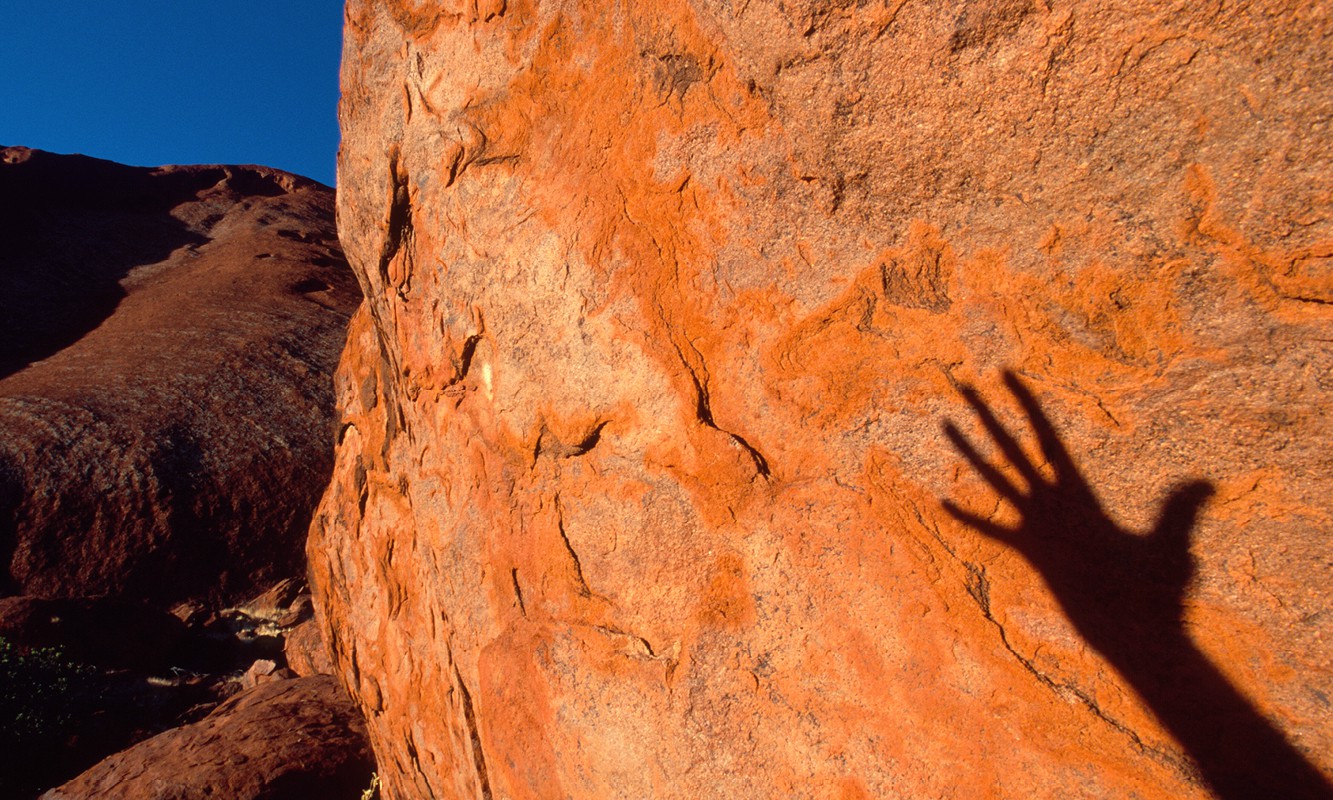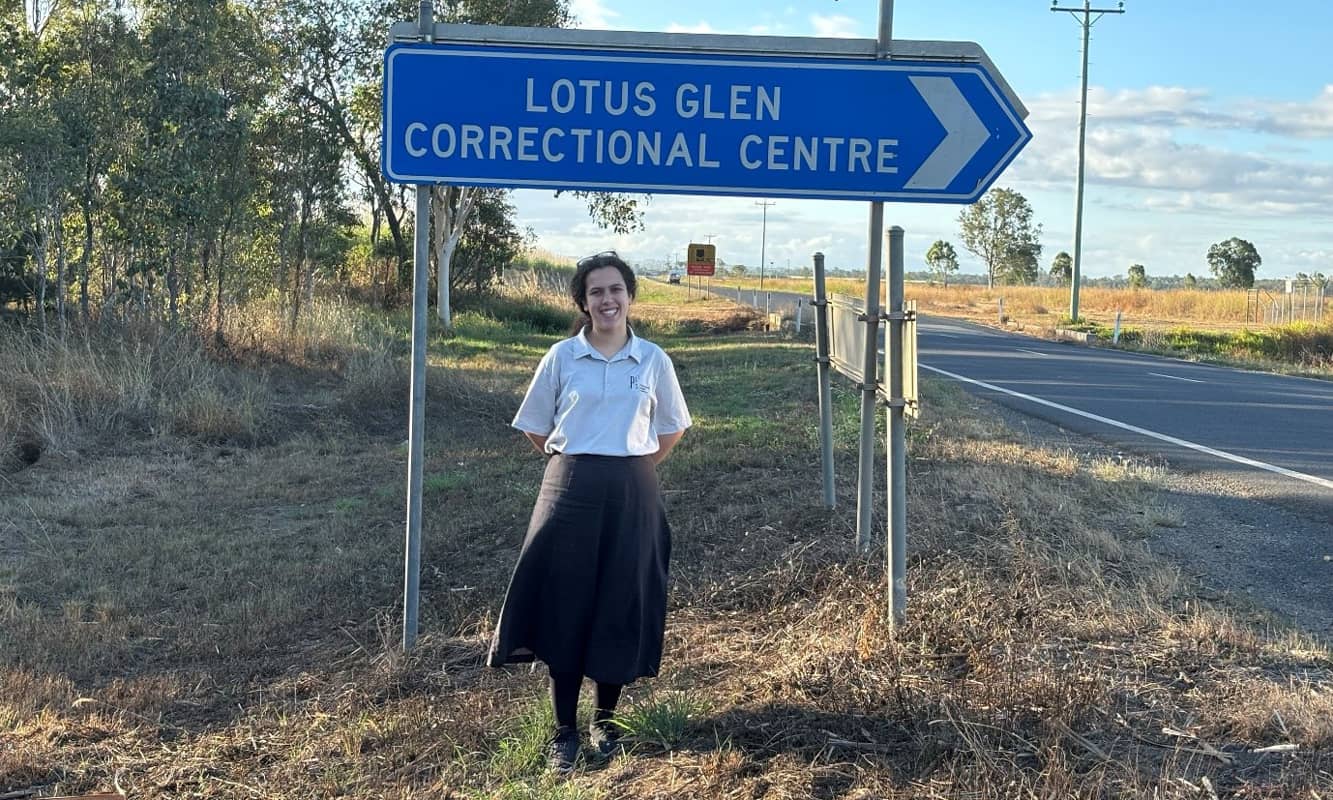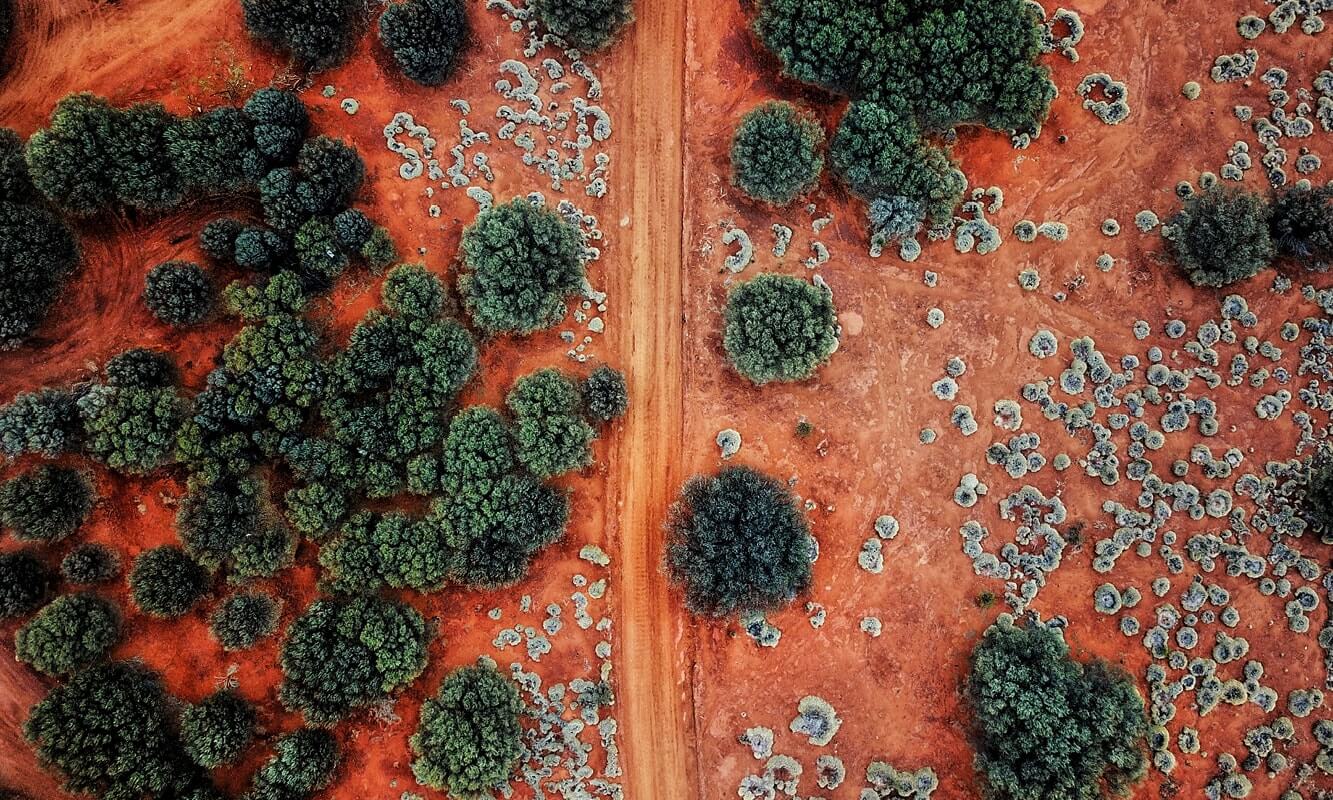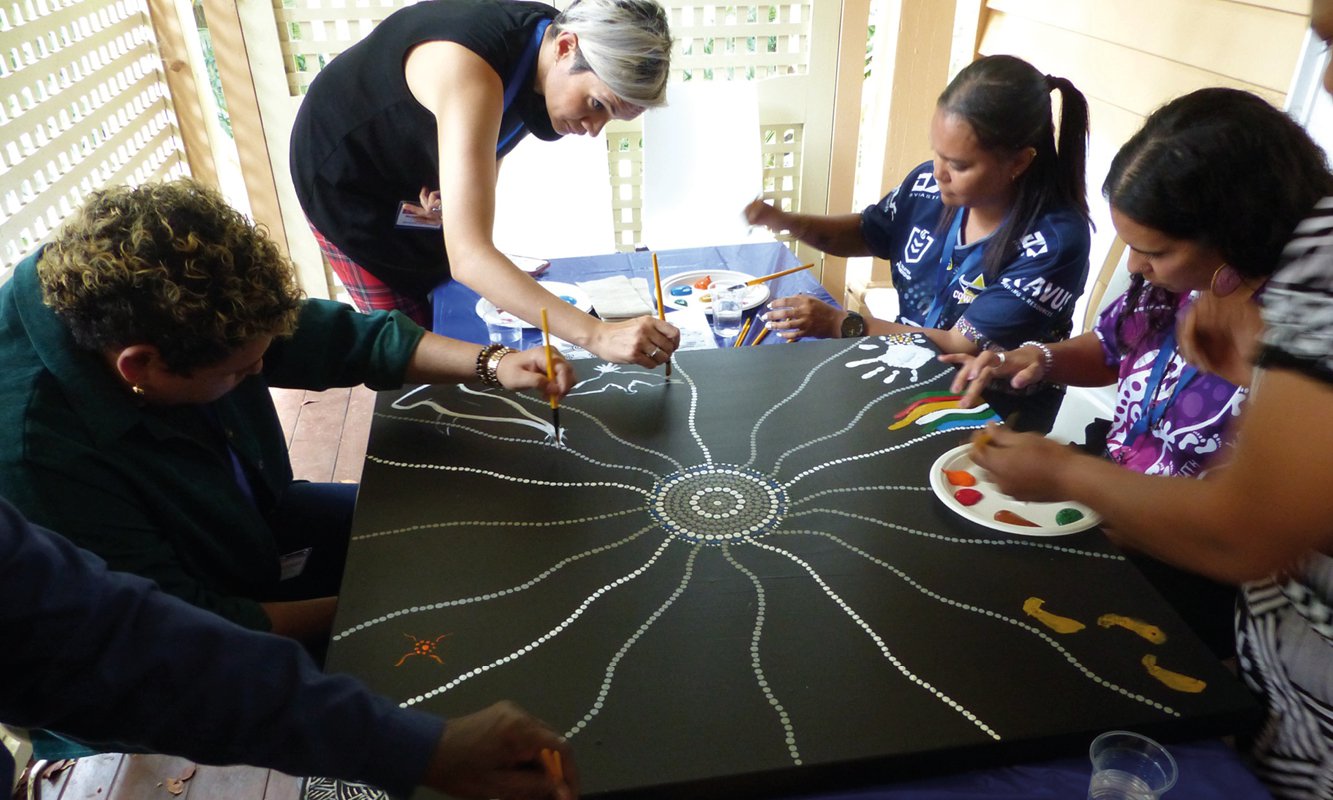May spearheaded two big events on the cultural calendar – Indigenous History Month and the beginning of National Reconciliation Week.
At the start of National Reconciliation Week this year (27 May to 3 June), we commemorated National Sorry Day, recognising the Stolen Generation and the impact it has had and continues to have on Community. The day was first commemorated in 1998, one year after the Bringing Them Home report was tabled in Parliament.
As National Reconciliation Week (NRW) unfolds across Australia, we all come together to reflect on our shared history and to foster meaningful dialogue about the importance of our First Nations history and culture. This year’s theme is Now More Than Ever. National Reconciliation Week is held annually in this week and marks two significant milestones in Australia’s journey towards reconciliation.
The week begins with the anniversary of the 1967 referendum, which saw over 90 per cent of Australians vote to give the government power to make laws for Aboriginal and Torres Strait Islander peoples and to include them in the census. President Fogerty has written about the 1967 referendum and reflections on reconciliation, which is a powerful read. It concludes today with Mabo Day, which commemorates the 32nd anniversary of the 1992 High Court decision overturning Terra Nullius and recognising Native Title in Australia.
In continuing this spirit, Reconciliation Australia has announced its annual tradition of the National Reconciliation Week Choir! The theme is Louder Than Ever and is a reminder to us all that Now More Than Ever we need connection, we need change, and we need reconciliation.
As a part of NRW, we have reconvened the Deadly Voices Choir with Caxton Legal Centre (aka Deadly Voices Choir 2.0!) and will be filming the song Black Fella/White Fella, and doing a historical deep dive of how the song was influential in creating the reconciliation movement.
About the band
Warumpi Band formed 44 years ago in Papunya, 250km west of Alice Springs and is credited as “the first Aboriginal rock ‘n’ roll group to sing in language and incorporate traditional instruments such as didgeridoo, boomerang and clapping sticks.”1 The band is also credited for sharing First Nations culture on the world stage with their songs My Island Home and Blackfella/Whitefella.2
Warumpi band had a strong fan base in Sydney and was the support act to Midnight Oil.3 Their band, songs and core values, as described by lead guitarist Sammy Butcher, was “around using music as a means of empowerment, bringing communities together, and sharing stories.”4
Crystal Butcher describes the band’s impact:
Warumpi Band left an enduring legacy on Australia’s music scene across three decades, three albums, and three national ARIA awards. Their music had a profound impact on the national consciousness and resonated especially deeply in the central desert where their journey began. Warumpi Band’s electrifying rock anthems reverberated through Pintupi Luritja communities – Papunya, Mt Leibig, Haast Bluff, and Kintore – forming the sonic backdrop to desert childhoods.5
About the song
In 1985, the Warumpi Band’s single Blackfella/Whitefella has been described as the birth place of the reconciliation movement. The Guardian reflected in 2015:
And so, before John Howard refused to say sorry, long before Kevin Rudd’s apology, it was Blackfella/Whitefella that fired up reconciliation.6
Band members George Rrurrambu and Neil Murray penned the song, calling for unity of all people, backgrounds and races to stand up for change.
You can listen to the song here.
In preparing rehearsals for the choir, we reached out to Head Choir Guitarist and QLS Video Content Producer Geoff McLeod, who reflected on his memories when the song first came out in the mid 1980s:
“1985 was a tumultuous time in Australia and Queensland. The Land Rights Movement was gaining momentum however it was difficult to protest due to the anti-demonstration laws. Songs played an important role in raising awareness on Indigenous rights.
“Blackfella/Whitefella resonates with a melodic pop chord progression in the verse. However, what is really interesting about this song is the key change that rises up in the chorus. It’s as if the composers intended to create more energy when the words ask the listener to “Stand up and be counted!”
Indeed the musicality of the song is particularly noteworthy. Beyond the powerful lyrics, the song7 is in two keys – F# minor and G major.8 Budding musicians (of which the legal profession proudly boasts many – see LawChestraQ) will observe the key change is just a half step (semitone) from a sad key to one that is uplifting. It is that subtle change which symbolically demonstrates the power that little steps can make to bring us together and empower change and, as McLeod notes “Stand up and be counted!”
The song is every sight-reading musician’s dream: straightforward, easy-to-follow beats that is accessible to all and an absolute joy to play. In a world that has become so complex, its catchy rhythm provides an internal heart beat – a clear path towards harmony and connection.
Reconciliation Australia Voices for Reconciliation is a powerful reminder that by coming together in song and engaging in meaningful actions, Australians can honour the past, acknowledge the present, and build a brighter future for all generations. This week, let us all be voices for reconciliation, connection, and change for the better.
Footnotes
1 https://www.sydneyfestival.org.au/stories/warumpi-band-lives-on
2 https://smh.com.au/culture/music/the-people-s-band-who-took-aboriginal-culture-to-the-world-20240109-p5ew30.html
3 https://www.sydneyfestival.org.au/stories/warumpi-band-lives-on
4 https://www.sydneyfestival.org.au/stories/warumpi-band-lives-on
5 https://www.sydneyfestival.org.au/stories/warumpi-band-lives-on
6 https://www.theguardian.com/music/2015/apr/14/blackfellawhitefella-by-warumpi-band-australias-seminal-reconciliation-song
7 Choral version
8 Choral version














Share this article